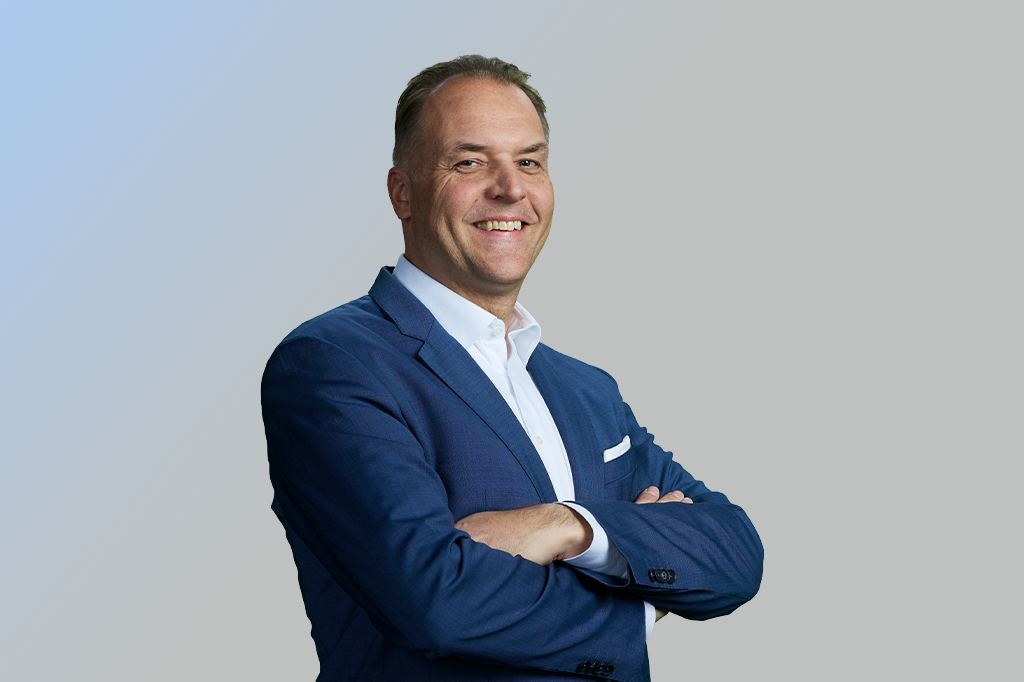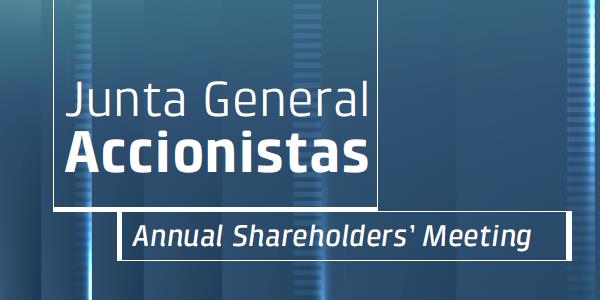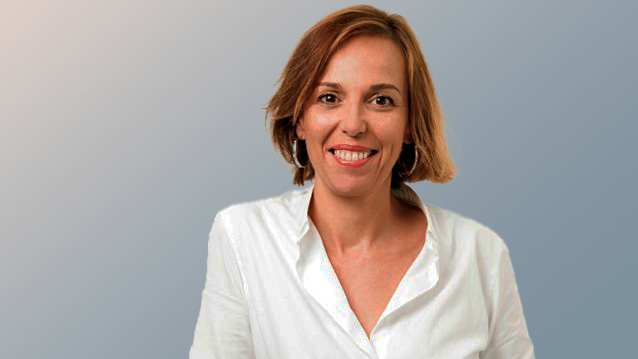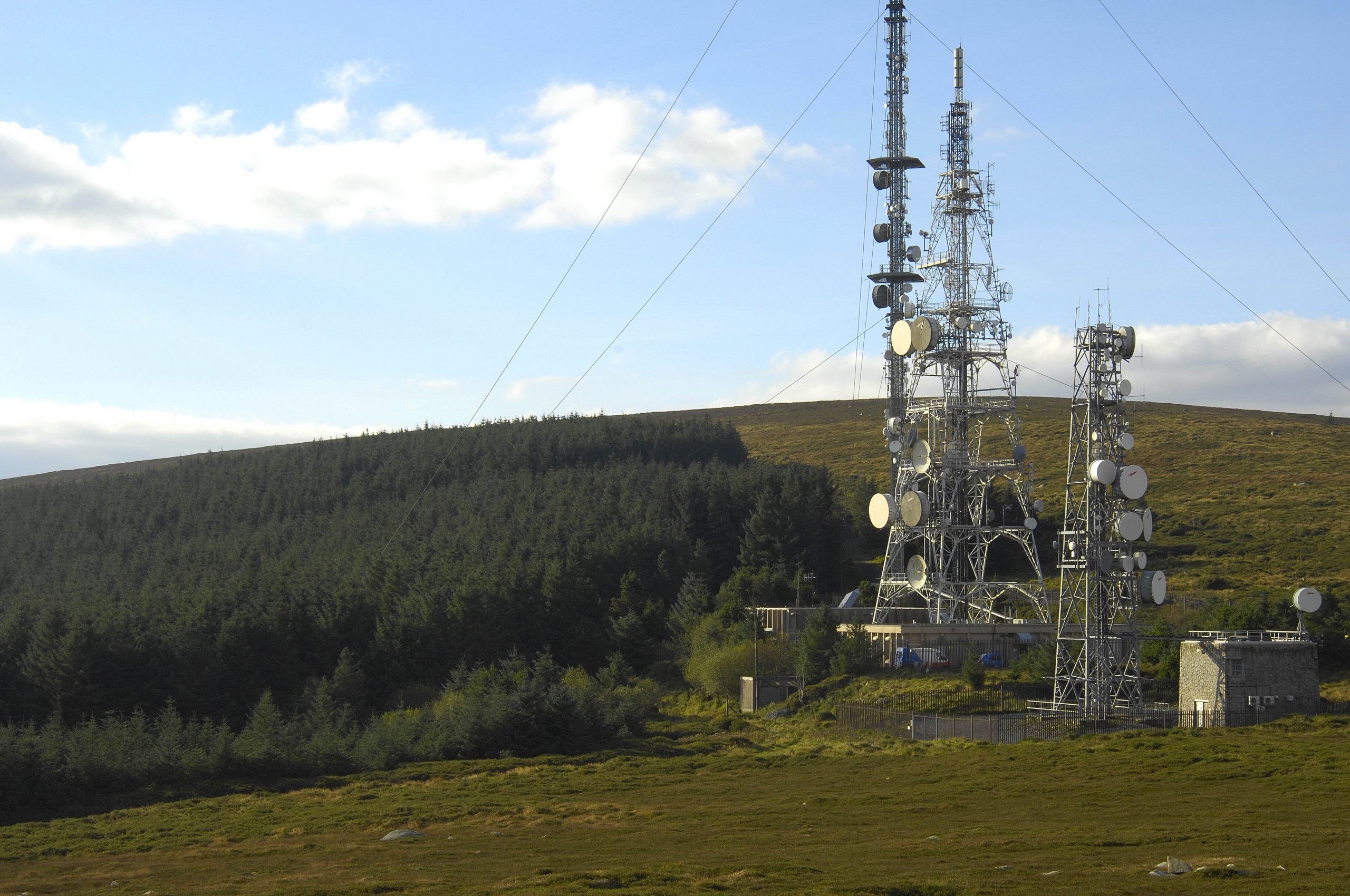Dla mediów

- 27 Jul 2018
- ·
- Global
Cellnex closes the first half with growth of +16% in revenue and +20% in EBITDA
Results January-June 2018 (IFRS16)
The Board decided to appoint Marco Patuano as non-executive Chairman of the company. Tobias Martinez is the CEO
- The company has decided to apply IFRS16 early and is presenting the results for the half-year on the basis of the new accounting standard. The application of IFRS16 will be mandatory for all companies as of January 2019.
- All key indicators improved consistently in relation to the first half of 2017:
- Points of presence (PoPs) grew +23% with the new acquisitions (+4% like-for-like). The customer ratio per site increased +3% like-for-like.
- The roll-out of new DAS (distributed antenna systems) nodes and small cells grew +20% in relation to the first half of 2017.
- Income, based on the application of IFRS16 accounting standard, was € 439 million; EBITDA was € 291 million; the comparable net result was € 15 million; and recurrent free cash-flow was € 158 million.
- The backlog of future sales was € 16,000 million, 20 years of income.
- The company maintains its outlook for the whole of fiscal year 2018 with an EBITDA between € 579 and € 589 million (IFRS16) and growth of 10% in recurrent free cash flow.
- Net debt as at 30 June (IFRS16) was € 2,800 million, with an annualised debt/EBITDA ratio of 8x. 82% is at a fixed rate, the average cost of debt (drawn down) is 2.2% and the average maturity is 5.9 years.
- In June 2018 Cellnex had immediate liquidity (cash and banks plus available credit lines) of € 1,750 million.
- Tradia, a Cellnex Group company, has agreed the acquisition of Xarxa Oberta de Catalunya (XOC), a neutral telecommunications operator dedicated to the rollout, operation and maintenance of fibre-optic networks.
Barcelona, 27th July 2018.- Cellnex Telecom presented the results for the first half of 2018 on the basis of the new accounting standard IFRS16. Revenue amounted to € 439 million (+16%) and EBITDA was € 291 million (+20%). The comparable net result closed at € 15 million, which continues to reflect the effect of higher amortisations (+23% vs. the first half of 2017) and financial costs (+45% vs. the first half of 2017) associated with the growth of the group and the consequent expansion of the perimeter. The reader is reminded that in the first quarter Cellnex provisioned all of the € 55 million corresponding to the voluntary early retirement and voluntary redundancies plan agreed in Retevisión and Tradia for the period 2018-2019. This provision has a non-recurring impact on the results for the half year.
Tobias Martinez, Chief Executive Officer of Cellnex said that “as we have already seen in the first quarter of the year, the data as at the June closure continue to show double-digit growth in revenues, EBITDA and recurrent free cash flow, in absolute terms; this reflects both the expansion of the perimeter throughout 2017, and consistent organic like-for-like growth that remains firm at 4% in the number of teams deployed at our sites and 3% in relation to the customer-per-site ratio. Moreover, I would highlight the data on backlog of future sales; at € 16,000 million it continues to reflect the company’s strong fundamentals”.
Furthermore, Marco Patuano, Chairman of Cellnex, said that “these first-half figures confirm the good results of the growth strategy that Cellnex has been working on since its flotation in 2015 and that has placed the company in a clear leadership position among European telecommunications infrastructure operators. In this regard, Cellnex has the capabilities and resources needed to continue to play a leading role in the process of consolidating the sector in Europe, and in particular in the six countries where we operate.”
Business lines. Main indicators for the period
Infrastructure services for mobile telecommunications operators contributed 65% to total revenue, at € 284 million, up 30% in relation to June 2017.
The broadcasting infrastructure business contributed 27% of revenue, at € 116 million.
The business focused on security and emergency service networks and solutions for smart urban infrastructure management (IoT and Smart cities) contributed 9% of revenue, totalling € 38 million.
As at 30 June, 47% of income and 56% of EBITDA were generated outside the Spanish market. Italy is the second largest market, accounting for 29% of revenues.
As at 30 June 2018, Cellnex had a total of 22,035 sites (8,179 in Spain, 8,018 in Italy, and 5,838 in the Netherlands, France, the UK and Switzerland), with a further 1,416 nodes (DAS and small cells).
It should be noted that the number of DAS and small cells sites grew +20% in comparison with the first half of 2017.
Like-for-like organic growth of points of presence at sites stood at +4% in relation for the same period in 2017, while the customer ratio per site (excluding changes to the perimeter) was up +3%.
Total investments in the first six months of 2018 stood at € 247 million, spent mostly on investments linked to the generation of new revenues and improvements in efficiency, and the maintenance of installed capacity.
Debt structure. First “green” credit line
At the end of the first half of 2018, Cellnex had a stable long-term debt structure, with an average maturity of 5.9 years, an average cost of approximately 2.2% (drawn-down debt), and 82% at a fixed rate.
As at 30 June, the Group’s net debt, as per IFRS16, stood at € 2,800 million compared with € 2,652 million (IFRS16) at the close of 2017, equivalent to a net debt/EBITDA ratio of 4.8x. At the close of the period, Cellnex also had access to immediate liquidity (cash & banks and debt not drawn down) of approximately € 1,750 million.
Cellnex renewed a € 500 million loan as a “green” credit line, which matures in 2023, with a interest rate partially referenced to the evolution of the Sustainalytics ESG (Environmental, Social & Governance) sustainability rating. Sustainalytics is a global provider of environmental, social and corporate governance (ESG) research and rating for investors around the world.
Cellnex Telecom’s bond issues maintain their “investment grade” rating from Fitch (BBB- with a negative outlook), confirmed by the agency itself in September. Meanwhile, S&P maintains the rating BB+ with stable outlook confirmed by that agency this June.
Corporate governance
The Board of Directors decided to appoint Marco Patuano as non-executive Chairman of the company. Tobias Martinez retains his role as Chief Executive Officer (CEO).
The Cellnex’s Board of Directors is composed of 12 directors, 7 of whom are independent – practically 60% of the Board. It also has four female directors (30% of the Board), thereby complying with the CNMV Good Corporate Governance recommendations for 2020.
Accordingly, as regards the proportion of independents, and gender diversity and separation of executive and non-executive roles, Cellnex is among the companies with the best Corporate Governance practice.
New capacity added to the Cellnex 5G ecosystem
Tradia, a Cellnex Group company, has agreed the acquisition of Xarxa Oberta de Catalunya (XOC), to Imagina (Mediapro Group). XOC is a concession company dedicated to the rollout, operation and maintenance of fibre-optic networks. The company also acts as neutral operator, offering the surplus network capacity to the operators’ wholesale market. The closing will take place within 2018’s second half.
XOC currently operates a network of about 3,000 kilometres of optical fibre.
The addition of XOC, with an enterprise value of € 34 million, will enable Cellnex to strengthen and expand its capabilities and know-how for developing the connectivity of its sites – or those of its network access operator customers – over a neutral broadband fibre-optic telecommunications network (Fibre to the Antenna – FTTA).
A process – backhauling with optical fibre of the telecommunications towers – needed to prepare for the forthcoming rollout of 5G with a higher demand for transmission capacity, together with the need to provide fibre-optic connectivity to caching servers that bring the data processing and storage capacity closer to the end users of 5G-based applications. These are key elements for ensuring the level of quality and latency (response time) that this new communications standard will require.
Therefore, the integration of Xarxa Oberta de Catalunya is another Cellnex acquisition in view of the future rollout of 5G, noteworthy among which are acquisition of Commscon in Italy (2016), a specialist in distributed antenna systems (DAS) and small cells, and the acquisition of Alticom in the Netherlands (2017), an expert in high-capacity and long-range nodes, along with hosting of data centres distributed throughout the territory, bringing computing capabilities to the receiver and end user.
About Cellnex Telecom
Cellnex Telecom is Europe’s leading operator of wireless telecommunications and broadcasting infrastructures with a total portfolio of 28,000 sites including forecast roll-outs up to 2022. Cellnex operates in Spain, Italy, the Netherlands, France, Switzerland and the United Kingdom.
Cellnex’s business is structured in four major areas: telecommunications infrastructure services; audiovisual broadcasting networks, security and emergency service networks and solutions for smart urban infrastructure and services management (smart cities and the “Internet of Things” (IoT)).
The company is listed on the continuous market of the Spanish stock exchange and is part of the selective IBEX 35 and EuroStoxx 600 indexes. It is also included in the sustainability indexes FTSE4GOOD, Carbon Disclosure Project (CDP), Sustainalytics (Environmental, Social & Governance), and “Standard Ethics”.































